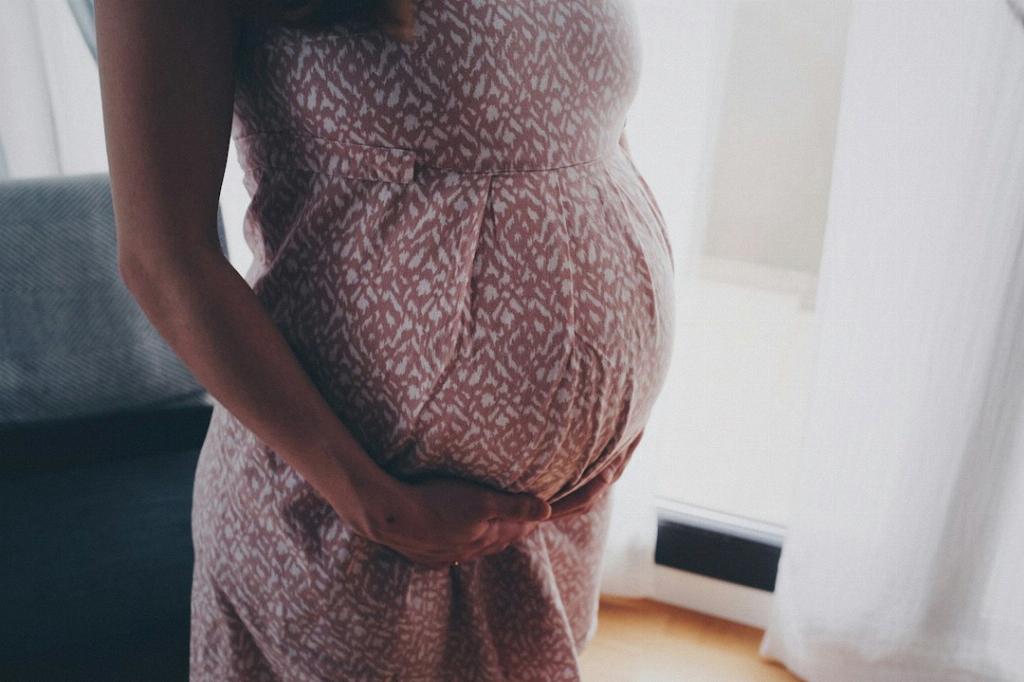Experiencing a metallic taste in your mouth is a common symptom that many pregnant people encounter during their journey to motherhood. This peculiar taste, often described as a bit like sucking on a handful of coins, can be unsettling for some individuals. But how early in pregnancy does this strange sensation typically start?
According to experts, the onset of a metallic taste, also known as dysgeusia, can vary among pregnant individuals. While it often emerges in the first trimester, around the sixth week of pregnancy, there is a range of when this symptom may arise. For some, it may appear even earlier, possibly as one of the first signs of pregnancy, while for others, it might kick in a bit later in the journey.
Understanding the timing of when you may start experiencing this metallic taste can differ from person to person is essential. It helps in managing expectations and not causing unnecessary worry if you do not encounter this symptom as early as someone else. Each pregnancy is unique, and the body reacts differently to the hormonal changes taking place.
For those who notice this metallic taste early on, it can serve as a notable indicator of pregnancy before other more obvious signs, such as a missed period. It can be perplexing at first, especially for those who are not yet aware they are expecting, but it can prompt them to consider taking a pregnancy test.
Interestingly, the cause of dysgeusia in pregnancy is linked to hormonal changes, particularly fluctuations in estrogen levels. These hormonal shifts can impact taste buds, leading to the perception of a metallic flavor in the mouth. While it may be bothersome, especially when it affects the enjoyment of food, rest assured that it is typically a temporary symptom.
It is important for pregnant individuals experiencing a metallic taste in their mouth to stay hydrated and maintain good oral hygiene. Drinking plenty of water can help alleviate the taste, and regular brushing and flossing can aid in keeping the mouth fresh. Sometimes, sucking on sugar-free candies or chewing gum can also help mask the unpleasant flavor.
Should the metallic taste persist or become overly bothersome, it is advisable to consult with a healthcare provider for further guidance and support. While this symptom is generally harmless and fades as pregnancy progresses, discussing any concerns with a medical professional can provide reassurance and ensure that any underlying issues are addressed.
In conclusion, the onset of a metallic taste in pregnancy can vary, with many experiencing it in the first trimester around the sixth week. However, individual differences in hormonal changes and body responses mean that some may encounter this symptom earlier or later in their pregnancy journey. Understanding the causes and potential management strategies for dysgeusia can help pregnant individuals navigate this common yet peculiar sensation.

